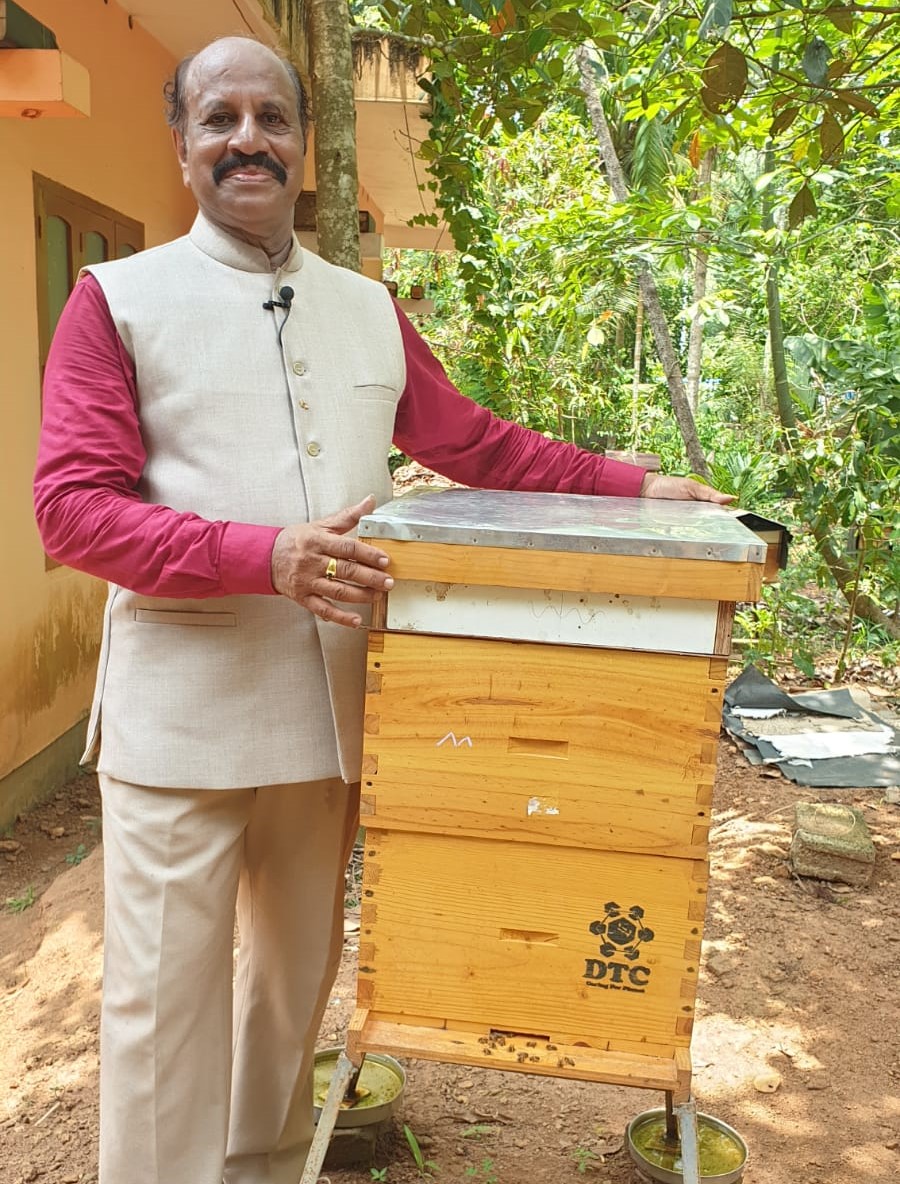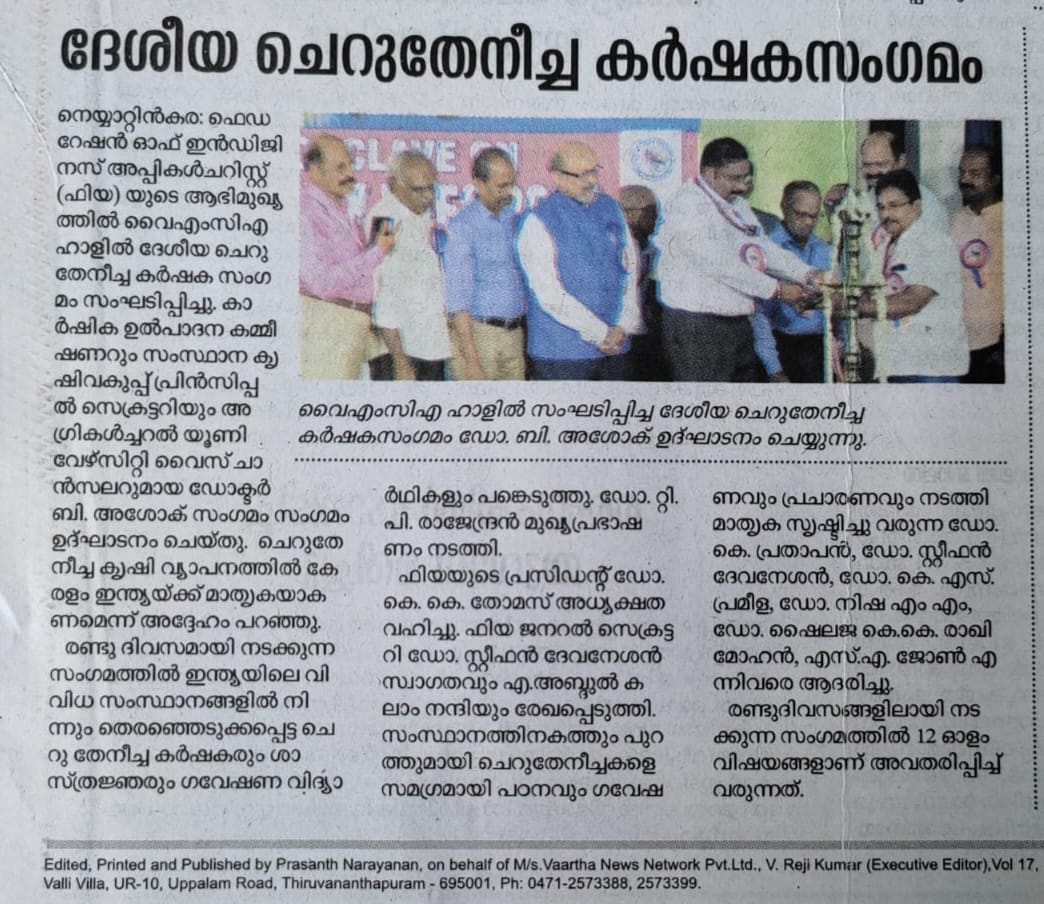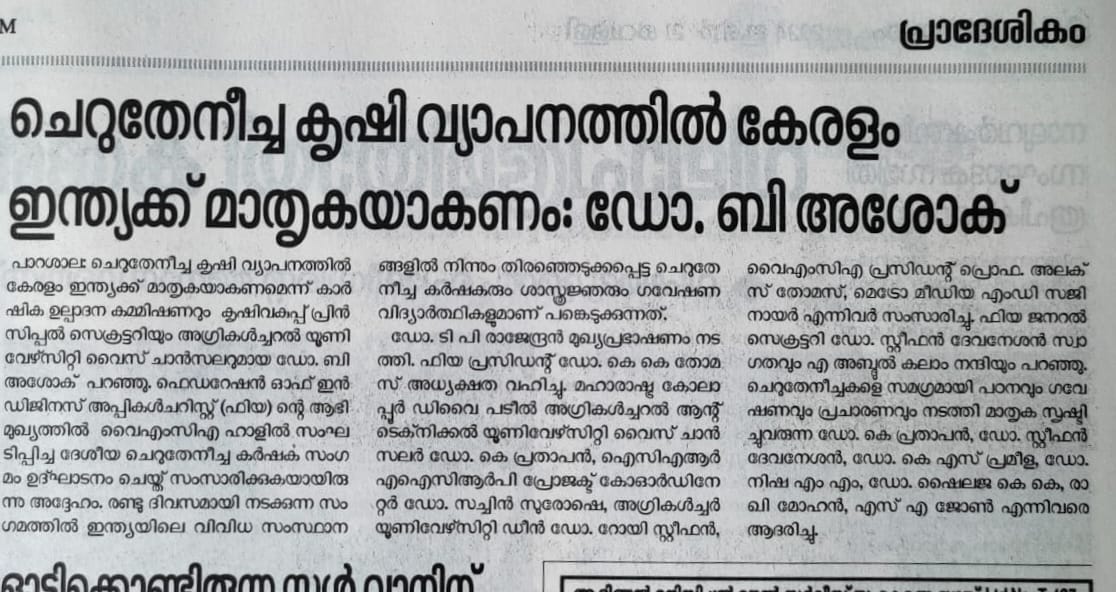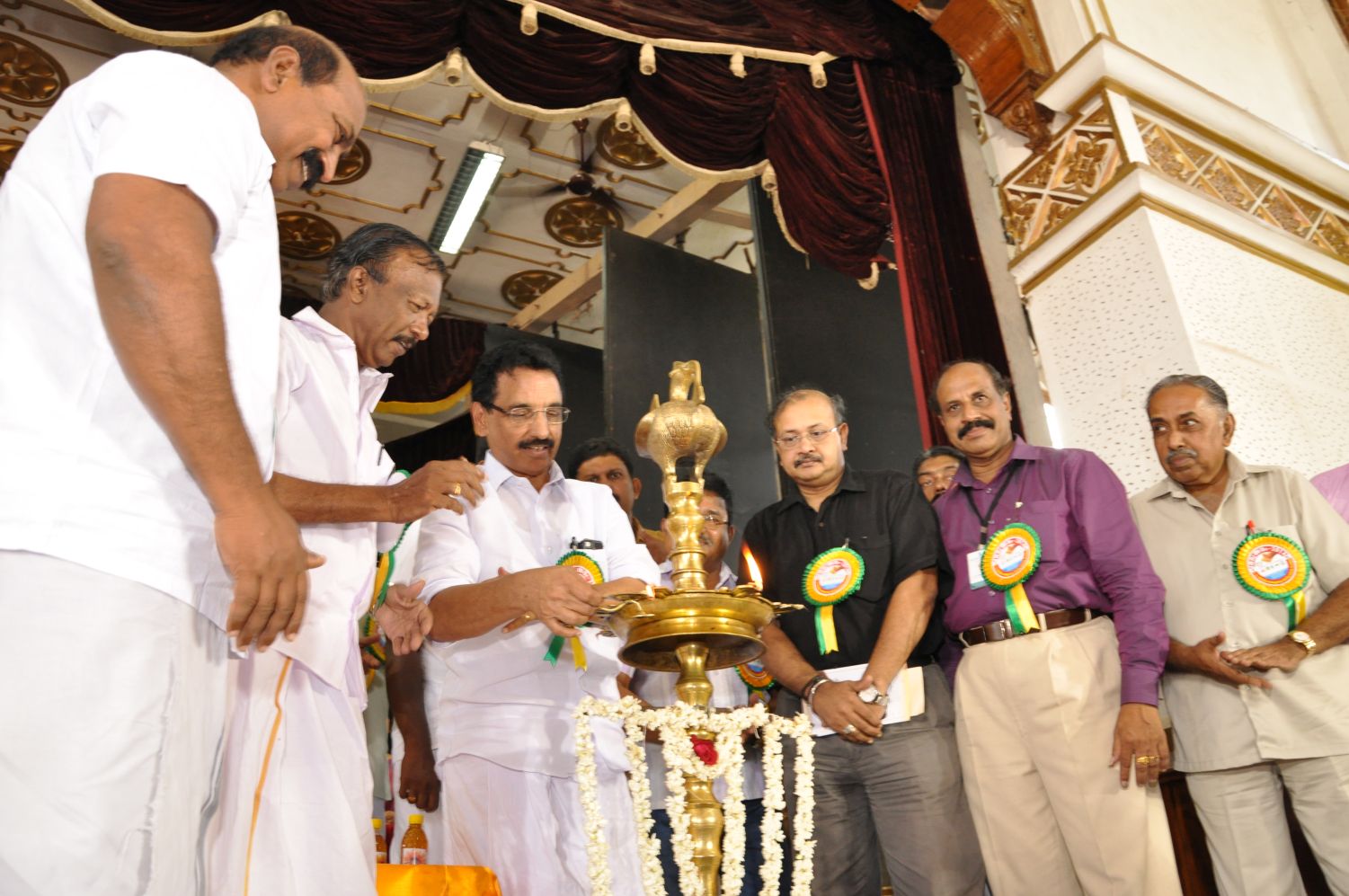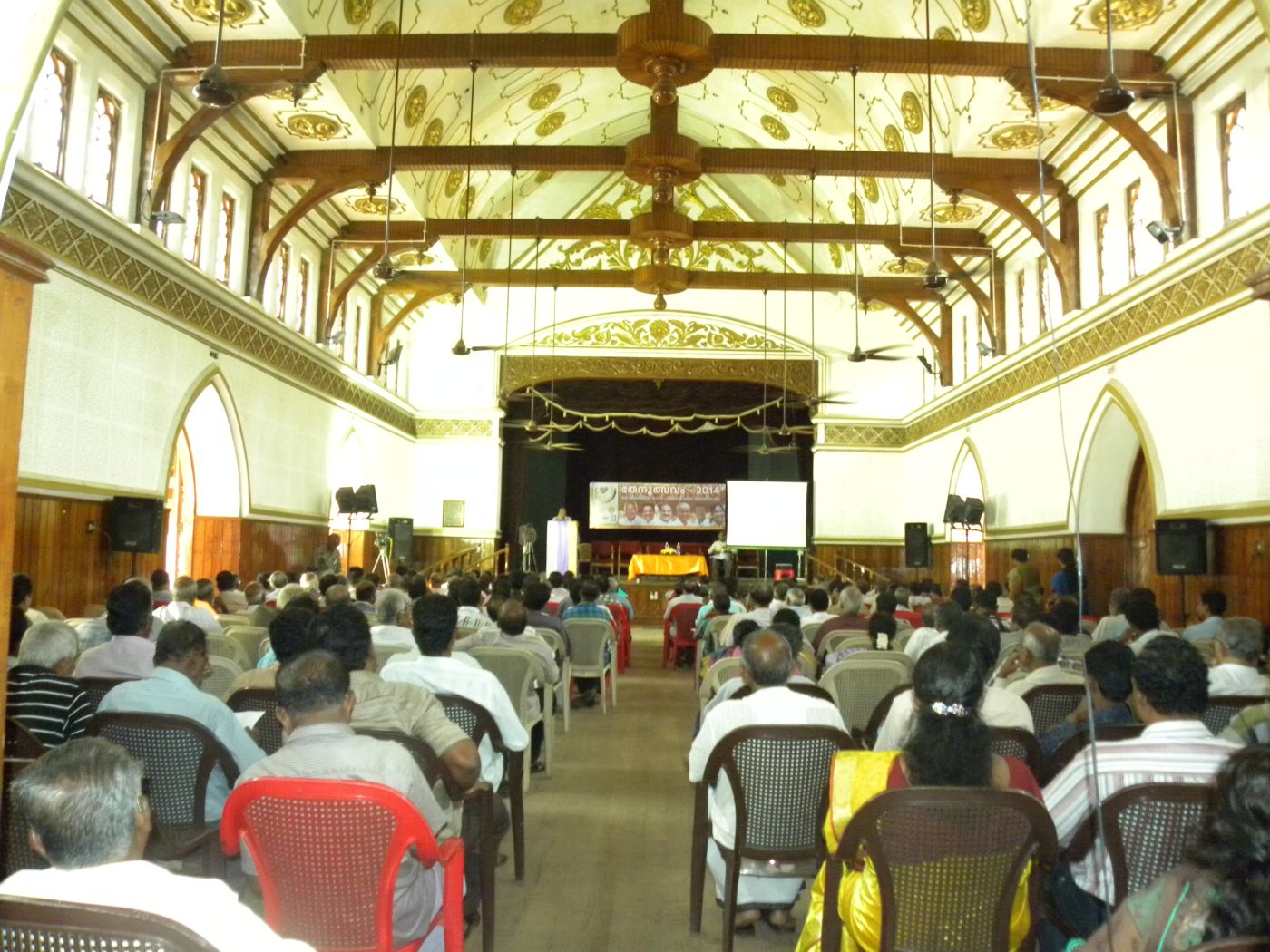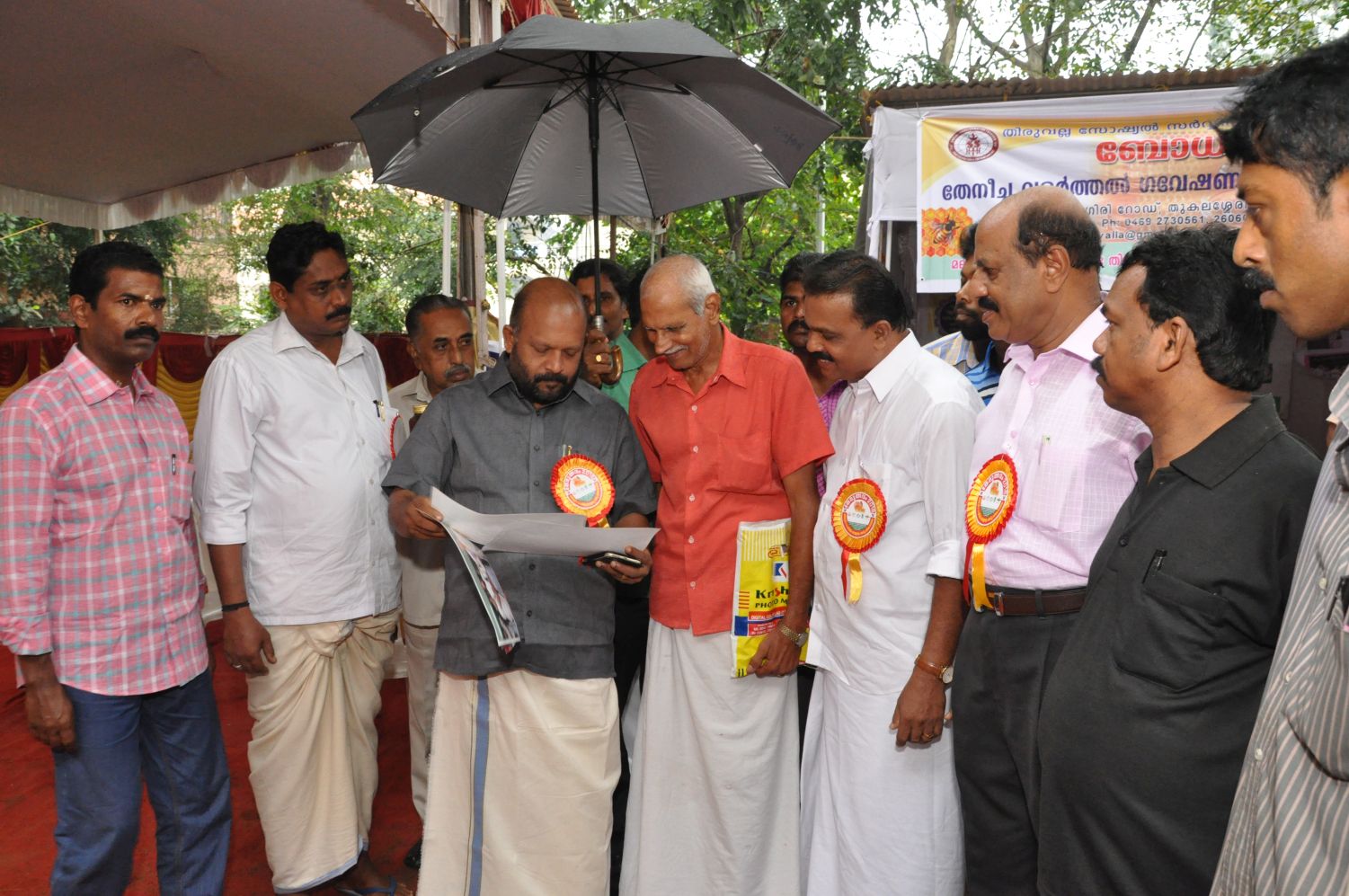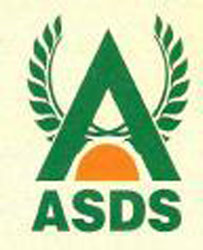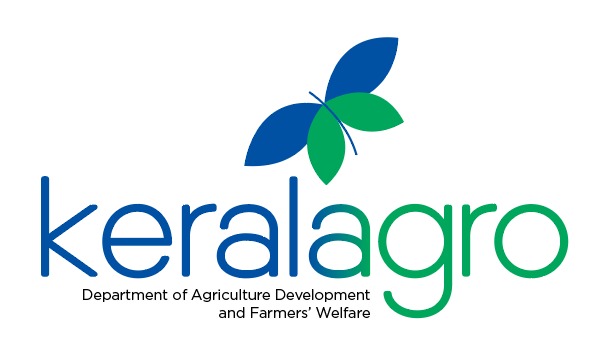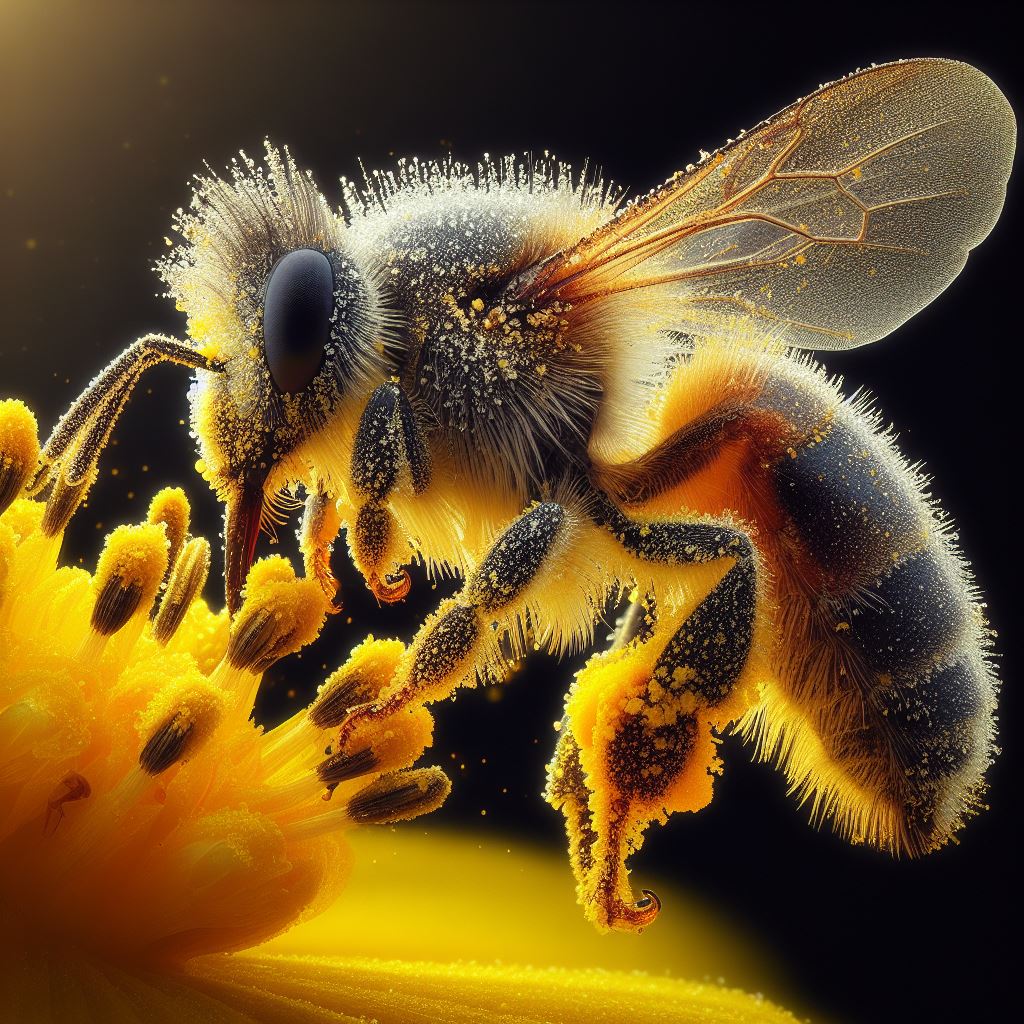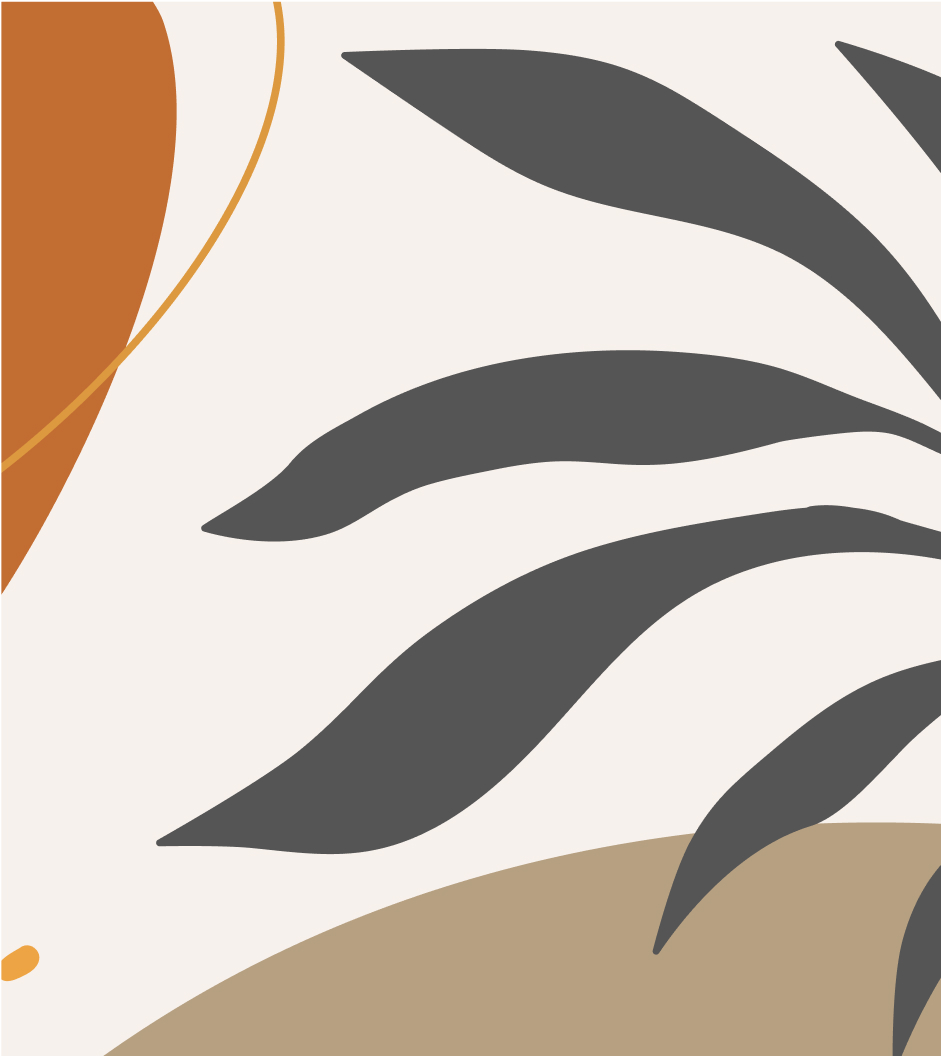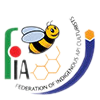Welcome to FIA
Welcome to the new website of “The Federation of Indigenous Apiculturists (FIA)”. It is a highly respected non-profit organization led by dedicated honorary professionals committed to promoting and supporting indigenous apicultural practices in Kerala and elsewhere, where biodiversity plays a crucial role in sustaining both human livelihood as well as bees.
Over the last 15 years, our research and marketing efforts have focused on the incorporation of cutting-edge technologies into the apiculture industry. Our primary goal is to encourage the production of natural pure and safe honey, as well as value-added products thereby contributing, to the social, economic and nutritional s, nutritional security as well as the overall wellness of rural artisanal beekeeping communities.
OBJECTIVES
ACTIVITIES
About FIA
The Federation of Indigenous Apiculturists (FIA), a collective of beekeepers’ collaboration has more than 2500 life members on roll and is a registered not-for-profit NGO, since 26-3-2008. FIA is registered under the Travancore – Cochin Literacy, Scientific and Charitable Societies registration Act XII of 1955 and operating in Kerala. FIA has the recognition of the National Bee Board (NBB) and National Biodiversity Authority (NBA), Government of India. FIA has been registrered and enlisted for CSR funding, by the government of India and DHARPAN registration.
The Federation is administered by a state level committee and have district committes in all 14 districts.
Beekeeping (Apiculture) is an age-old enterprise that is practiced by rural-folk in our country. Honey is the main product that has influenced human diet and nutrition in a big way. Right from new borne to very old humans, honey has been a natural gift for wellness. The significance of Captive bee keeping has become an intensive commercial enterprise globally. Crop pollination and foraging for honey and pollen could be utilized skillfully for quality crop production besides harvesting honey and pollen from bee colonies. This dual benefit makes apiculture a commercially attractive venture.
Guiding Force
Working as Biologist for over 50 years, Dr Rajendran researched on apiculture
in small holding rubber plantations of Kerala since 1974. He was part of a team
to develop KUFRI SWARNA potato variety (1983) in the Nilgiris, Tamilnadu in 1983.
Born and raised in Vakkom, Trivandrum, and my current role as Patron of the
Federation of Indigenous Apiculturist (FIA) is truly inspiring. My passion for farming and
Terrace gardening led to explore the world of apiculture, even while working as a Joint
Registrar at Kerala University.
Proprietor, Golden Bee Farm Industries Chittarikal, Kasaragod is one of the pioneers in beekeeping in Kerala having good knowledge in bee management, honey production, value addition and marketing. Fourly years of Experience in Bee keeping and Honey Marketing. Life Member National Bee Board.
Fomer Principal, Govt. Model Boys Higher Secondary Sehool, Thycaud. Winner of national award for best teacher for 2002. Udyan Pandit award 1994 (Floricultura), Mathruka Karshakan Award 1997. Gandhi dharsan award 2002, farmer innovation award 2013. Maintains a model apiiary with Indian bees, Italian bees and Stingless bees.
After pursuing a short stint in teaching, he worked for 3 years in Canara Springs, one of the Pioneer German Collaboration firms, specialised in Leaf Spring Manufacturing. From manufacturing, he moved into Defence Organisation, DRDO.
.
Doing business at Trivandrum and Ernakulam. Now settled in Ernakulam. Also an agriculturist running a certified organic farm at Kuttalam, Tamilnadu, having certified organic branded grapes called golden valley grapes. Coconut, gooseberry, mango farms. He is a big apiculturist and has large number of bee colonies in his farm.
Born and brought up in a farmer family. Graduate in Engineding. AMIE in Electrical and electronics, Architecture from Delhi School of Architechture. Retired from PWD own a Jasm im Asyankavu. Own a farm in Aryankavu. Spices- Pepper, clove, coconut, ginger, turmeric, vegetables. Exotic fruits more than 450 varieties.
Name of my apiary is known as Irenes Bee Keeping (IBK) centre and the brand of honey is Irene’s honey. IBK centre practice migratory bee keeping. I am a coach for apiculture and conducts classes on bee keeping practices at Krishi Bhavans and schools. I am also marketing bee hive products such as honey wax balm.
Recent Events
Latest Apiculture Publications
“Explore the latest publications, research articles, and informative resources on beekeeping and indigenous apiculture practices from FIA.”











